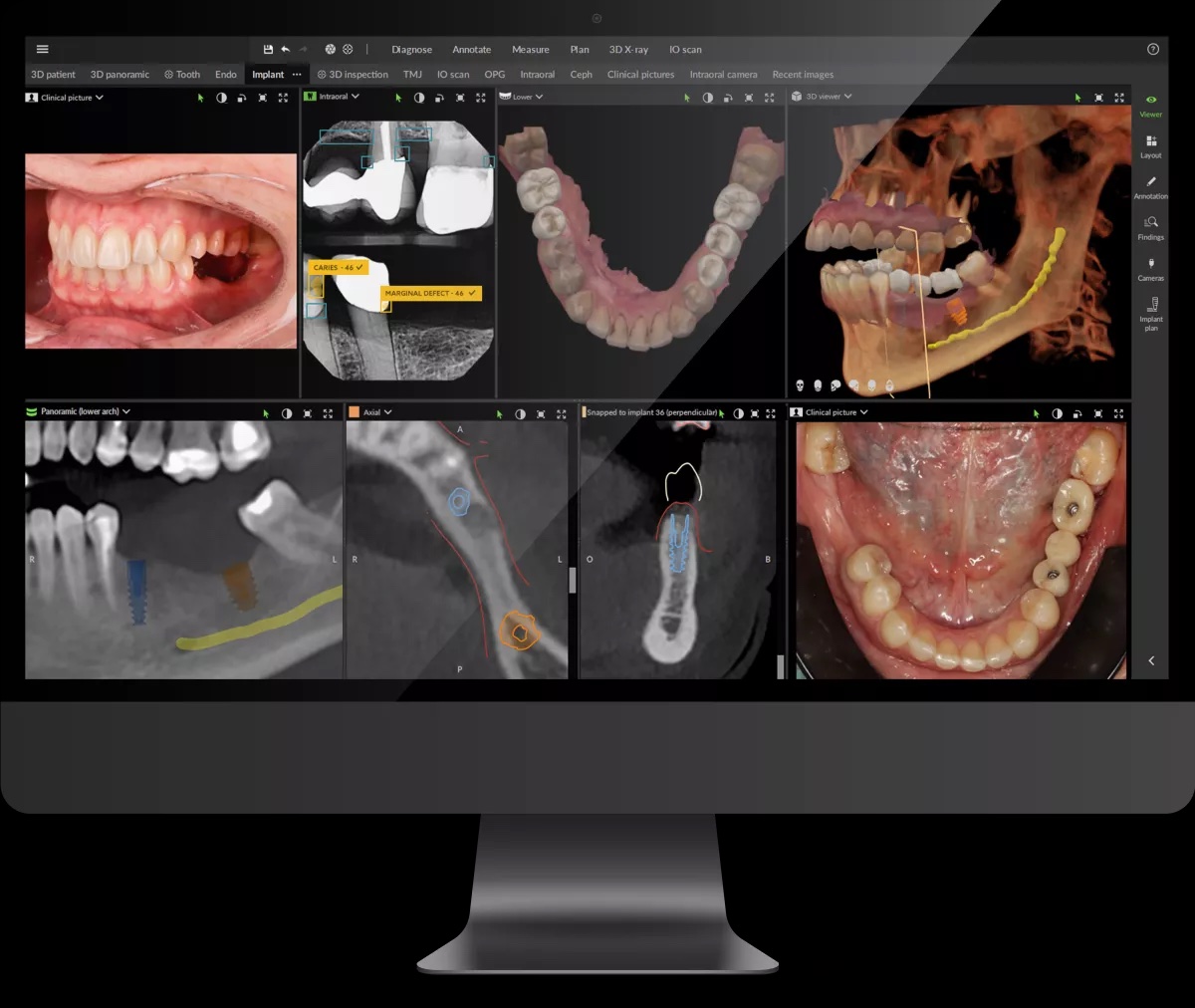I've been working with intraoral scanners (IOS) for well over two decades. I actually started way back when with the original CEREC 2. As a small indication of how long ago that was, the unit actually booted with a *floppy disk*... remember those?... maybe not. Anyway, I've been using this tech almost since its inception. The great thing about that is simply I've seen it from almost the ground up.
IOS has made astounding advances over the years. Scanners have gotten faster, more accurate, easy to use, and smaller. In the last couple of years we've seen AI begin to enter into this area of clinical practice and now the devices aren't just incredible, they're smart.
In November I was contacted by DEXIS regarding testing and evaluating their IOS system. I recently received their current top of the line scanner, the DEXIS IS 3800W. This device is their flagship scanner and it is *wireless*.
One of the great things about working and using products from a company like DEXIS is their size and stability. They have the teams in place for product development and can afford to take their time and not put anything on the market until they *know* it's going to work and work well.
Last week I spent about three hours with a trainer who brought me up to speed on the IS 3800W and its software. A few years ago DEXIS created an imaging platform called DTX Studio. The idea behind it was to streamline imaging and create a workflow that makes anything dealing with dental imaging seamless. To be clear, it's not simply a cloud storage solution, but integrates digital treatment planning as well. The idea is that DTX Studio is a single solution for anything you might want to do with a digital image or dataset.
Since IOS systems are, in their most basic sense, imaging devices, DEXIS not only uses DTX Studio as the place for photos, 2D radiographs, CBCT volumes, and intraoral photos but also stores the scans generated by their scanners. They have designed DTX Studio to hold scanning data and then send that info to selected 3D printers or to a doctor's preferred lab(s).
In the coming weeks I'll be using the system both in testing and live with patients. As always I'll report back here with my experiences and thoughts.
Stay tuned...






DTX Studio is actually pretty good.
ReplyDeleteMy only complaint from the tech side is that they don't have direct download URLs for their products, and every single piece of the Dexis suite is some EXE that wraps a a bunch of dependencies and the actual MSI file for installing the app.
I would give a lot of money to be able to actually talk to someone at Dexis who does all the software packaging so I could tell them to release it with automation in mind.
Need to deploy DTX Studio to 200 computers? Gotta sign in to each one and do a *ton* of clicking to get the 15 or so different packages installed including their annoying "Software Center" that keeps prompting users who don't have admin privileges to install updates...which will fail because they don't have privileges to install software.
Like I said, great software...everyone loves is...but it's a pain to install automatically and it's a pain to keep it updated.